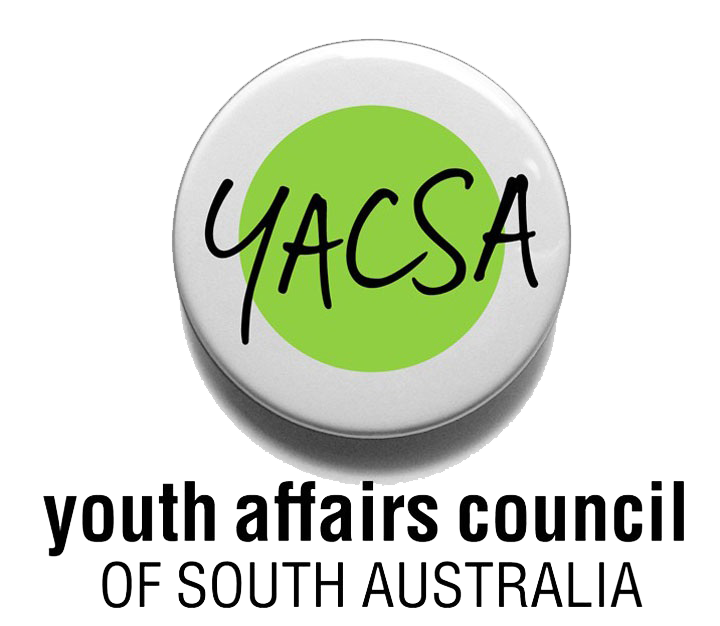Inquiry into Domestic, Family and Sexual Violence - July 2020
This submission outlines the following:
Young people are impacted by domestic, family, and sexual violence by witnessing it, intervening to protect a parent who is the victim of violence, and experiencing intimate partner violence themselves.
Domestic and family violence makes a significant contribution to the burden of disease, preventable ill-health, and premature death in women under the age of 45.
Some groups of women face a greater risk of experiencing family, domestic and sexual violence, such as young women, Aboriginal and Torres Strait Islander women, women with a disability, lesbian, gay, bisexual, transgender, intersex, or queer women and women living in rural and remote areas.
Reports from domestic, family, and sexual violence practitioners point to an increase in frequency and severity of violence against women during the COVID-19 shut-down phase.
Federal, state, and local governments, institutions, sporting clubs, and communities need to challenge damaging structures, norms and values related to gender, gender roles and the acceptability of violence against girls and women.
Primary prevention is a national priority and is the single most effective way to change the structures, attitudes and practices that drive gender-based violence. For young people in particular, primary prevention is about promoting gender equity, while also building an understanding of respect and respectful relationships.
